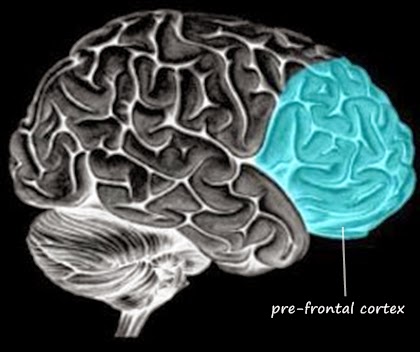| Online: | |
| Visits: | |
| Stories: |

| Story Views | |
| Now: | |
| Last Hour: | |
| Last 24 Hours: | |
| Total: | |
Are Our Brains Become Hopeless At Interpreting Information?
The other day I was with a few people sitting and talking. A couple of those present had their iPads with them. They were constantly looking at them and answering bits of the conversation from stuff they kept finding on their iPads. I found this annoying and unnecessary. So I was interested to read what the neurologist, Susan Greenfield, has said about this.
Ms Greenfield tells of how we are becoming slaves to digital technology and how this has begun to alter our brains. The need to constantly check Twitter, Facebook and the like, our almost inability to converse without checking our emails is actually a form of addictive behaviour.
According to Greenfield’s book, Mind Change: How Digital Technologies Are Leaving There Mark On Our Brains, social networking sites may be worsening our communication skills and reducing ‘interpersonal empathy’.
As for games she suggests that obsessive gaming could well be making us more reckless and aggressive. It seems that the pre-frontal cortex is the ‘newest’ part of the brain in evolutionary terms and potentially gamers could do irreparable damage to their cognitive functions, concentration and moods, with symptoms similar to attention deficit hyperactivity disorder. This applies especially to young people, where the pre-frontal cortex does not develop fully until the mid-20s.
Our reliance on search engines may mean that we are sacrificing deep knowledge and understanding, Our ability to reinvent ourselves online may lead us to lose our sense of who we really are.
The message does seem a bit doom and gloom – for all ages. She poses the question: “Have you noticed how much harder it is these days to concentrate on a thick book or long article?” This could be because the internet is making our brains more ‘flighty and easily distracted’. Hence the popularity of YouTube short videos. According to Greenfield we are finding it harder to cope with complexity or anything requiring sustained attention.
We are becoming more like computers ourselves: super-efficient at processing information but hopeless at interpreting it.
There is no doubt some truth in what she writes, it’s so easy to Google something rather than work out whatever it is for ourselves. If we take this to extremes what will we actually become? Almost robotic? And who or what could/would be influencing or controlling us?
I don’t know the answer to these questions but I do know that when I go on holiday abroad I feel much better and healthier. I put this down, not just to sunshine and relaxation, but to not looking at a computer, phone or television; and not reading newspapers for the period I’m away. It’s quite nice being with your own thoughts and thinking for yourself.
Other Recent Posts:
How Free Thinking Are We About Religion, God And Lap-Dancers
Memories Rekindled And Batteries Recharged In Dorset
Married Couple Were Unknowingly Photographed Together As Children
Source: http://www.67notout.com/2014/08/are-our-brains-become-hopeless-at.html




